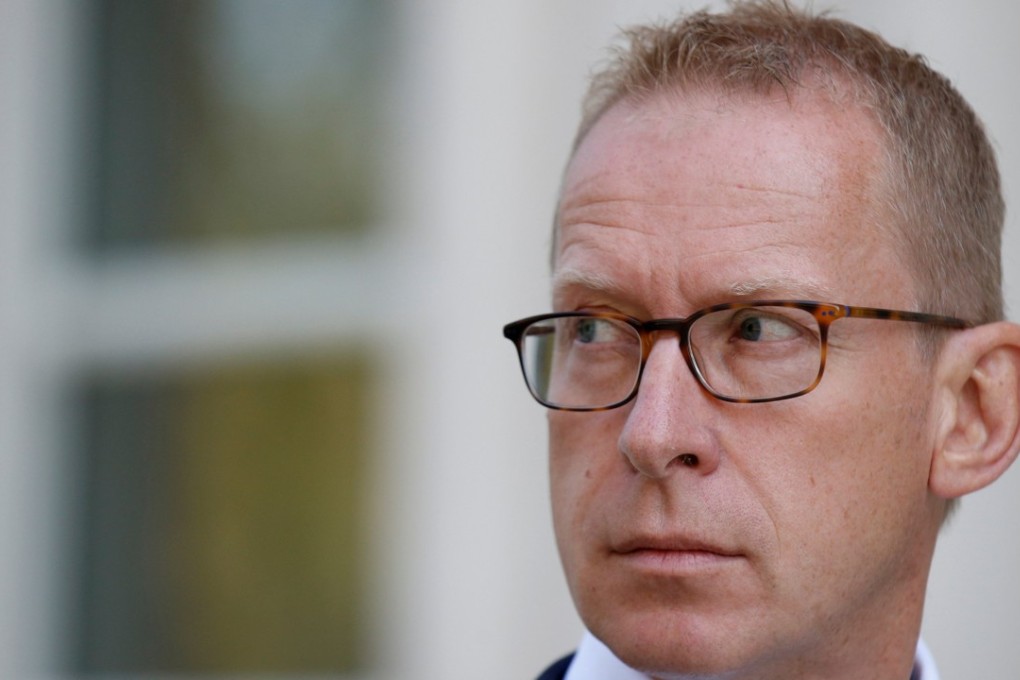The View | It’s time regulators started clawing back illicit returns from investors

Ten years after the global financial crisis, the sanctions and convictions – or lack thereof – against those responsible still seem outrageous to the general public. You will have been disappointed if you were seeking social justice, outraged to see that opportunity exists after some financial organisations have been exonerated.
In December, HSBC announced it was being released by the US Department of Justice from a 2012 deferred prosecution agreement (DPA) that allows it to avoid criminal charges in the US for money laundering. The DPA was part of a US$1.9 billion settlement for money laundering activities involving Mexican drug cartels. While the DPA’s ominous presence did not seem to affect HSBC’s performance over the last five years, its dismissal must be a relief to senior management.
We will never see the contents of the DPA, given their sensitivity and embarrassment factor, but we do see the results: a sprawling compliance staff that continues to expand and still needs to justify its contribution to profitability.
Much of the problem is that big banks are sprawling organisations employing many people, each of whom holds different values
Yet violations continued under the DPA, including the conviction of former HSBC executive Mark Johnson for a US$3.5 billion foreign exchange, front-running fraud in October. And in November, HSBC’s Swiss private banking unit was fined HK$400 million by Hong Kong’s Securities and Futures Commission for misconduct relating to the sale of structured products.
The DPA is a powerful legal weapon formerly used as a way to coerce criminals or criminal organisations. Using them against banks is dangerous; governments bear the risk of replicating an Arthur Anderson kind of collapse because indicting or charging a company and its board essentially kills a company. The key legal point that investors and regulators needed to consider under the DPA was whether the violations committed by HSBC and other banks subject to it, such as Standard Chartered, were approved or abetted by the organisation or directly attributable to rogue individuals.
The extensive internal compliance undertaken by HSBC was enough to demonstrate to the Department of Justice that the DPA was no longer necessary. After all, systemically important financial institutions need to return to their global function. “Too big to fail” and “too big to jail” must coexist unless governments want to risk another banking crisis. But it leaves an unresolved dilemma for HSBC and other big banks.
Breaches of financial regulations such as money laundering and improper sales of financial products are being treated like a chronic disease or legal nuisance. Much of the problem is that big banks are sprawling organisations employing many people, each of whom holds different values.

